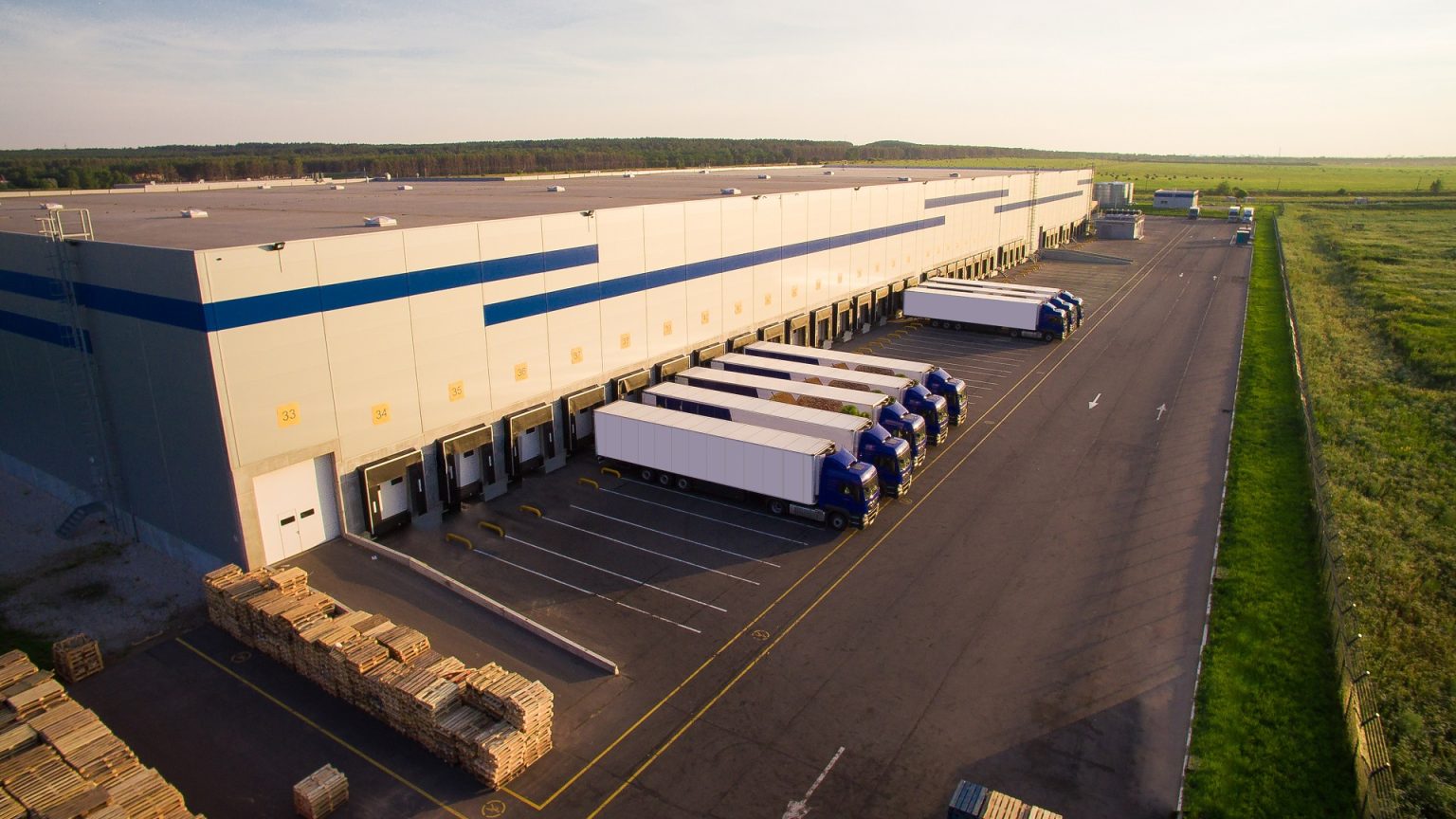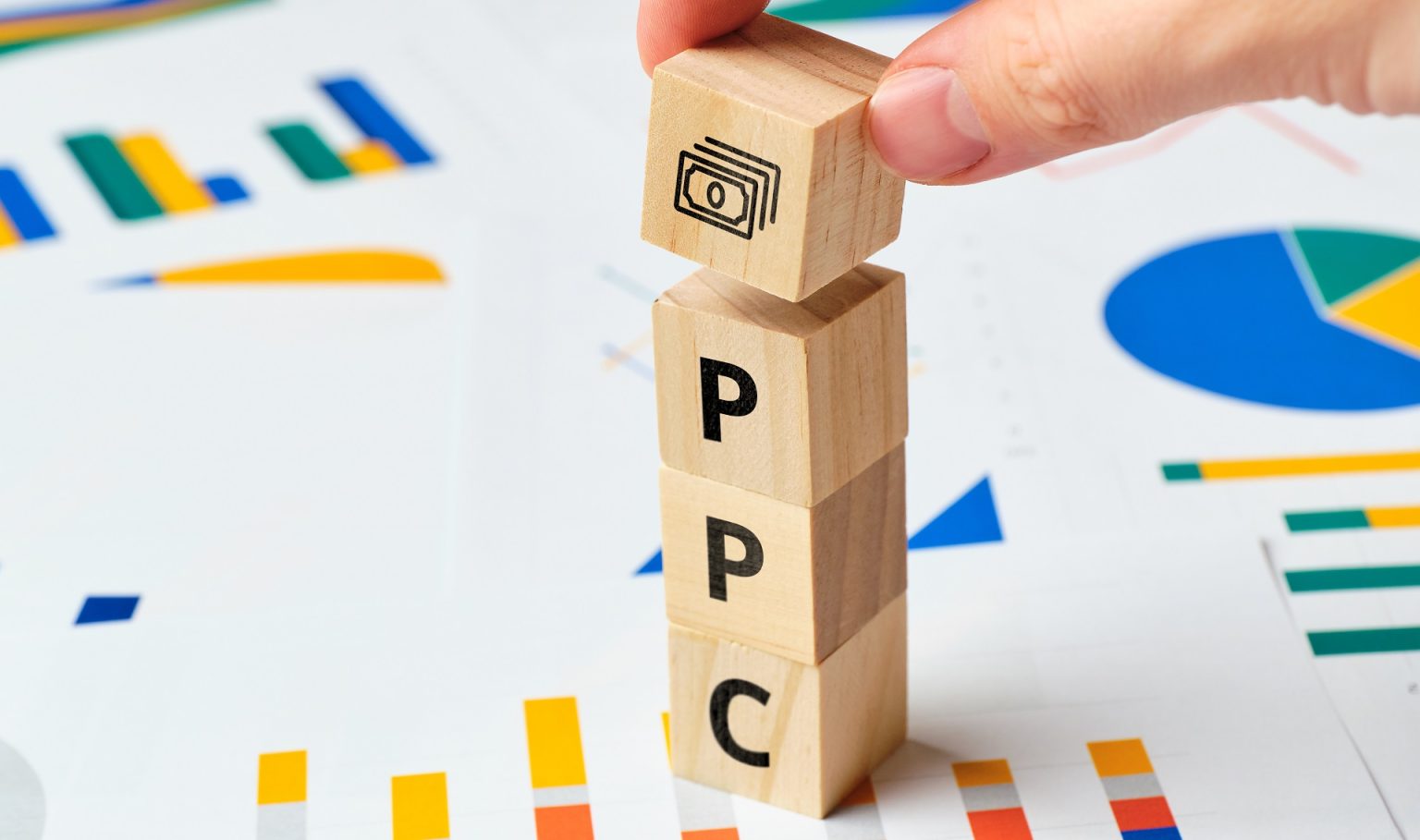There is no denying the massive reach that Amazon has. With over 310 million active users and over 200 million Prime members worldwide, Amazon is easily one of the biggest online marketplaces in the world. Selling on the platform is lucrative, so building a profitable online business by becoming an Amazon FBA Seller is something that many third-party sellers aim for. What’s more amazing is that Amazon has made it easier for businesses and individuals to sell products to its enormous customer base through the FBA program. As an Amazon FBA seller, you get to leverage AMZN’s world-class infrastructure and…
Browsing: Amazon
Running an Amazon business will require you to source products, usually from overseas suppliers. Purchasing products in bulk can help you save on manufacturing costs and increase profit margins. But shipping costs are constant, and if you choose to use FBA, you will have to ship your products to Amazon fulfillment centers. There is a lot of paperwork and regulation involved in shipping products from one country to another. These processes can be cumbersome, especially for new sellers. Also, no matter how much you try to evade them, they will remain in your face because a supply chain is necessary…
Amazon has been rated the world’s largest online marketplace in recent years. The platform boasts over 300 million customers, with 150 million Prime Members. They also have around 5 million sellers, of which 2 million sellers are active. But although selling online is a profitable business model, it comes with complexities just like every brick-and-mortar business. Thus, the need for effective Amazon seller tools that can help ease up the process has never been more important. Amazon seller tools are great resources for every seller who wants to build a long-term Amazon business. If you plan to earn substantially while…
To become a top seller on Amazon, using tools and software to help you in your business is essential. From product research to listing optimization, there is a myriad of tools that can help ease up your load. One of the most popular tools used in the platform is Amazon Chrome extensions for sellers. But how do these Google Chrome extensions impact your effectiveness as a third-party seller on the platform? If you want to grow as a seller, Amazon Chrome extensions for Amazon sellers can help make the process not only easier but also faster. If you are wondering…
Amazon, the world’s largest online marketplace, is known for its expansive range of products. However, not all those products are sold by Amazon. Third-party sellers offer their own used or new products on the Amazon marketplace and products offered by Amazon directly. And as of 2021, about 55% of sales on Amazon come from independent third-party sellers. These third-party sellers either store their inventory and fulfill orders for customers themselves, or they outsource the responsibility to Amazon for a fee through the Fulfillment by Amazon (FBA) program. Amazon FBA has afforded sellers various benefits and helped them scale their businesses.…
If you had to rank online marketplaces in terms of popularity, which would come first? Without a doubt, it would be Amazon. As the world’s largest online marketplace, it has a global audience. However, starting a business on a popular platform does not guarantee great revenue, especially for sellers who would like to start a business on the platform. Still, do you know how much does Amazon make in a year? When it comes to the annual Amazon gross revenue, it’s in upwards of $400 billion. This number is so high that even if the site is competitive, many third-party sellers…
The FBA cost calculator is an essential tool every seller needs. Before even launching your first product on Amazon, every seller should know the potential costs compared to the possible revenue. During the product research phase, a seller should already know if a product has the potential to generate positive revenue or not. The FBA cost calculator can help you calculate the profit margins on each of your product options when you decide to sell through Amazon FBA. The Costs of Selling on Amazon While selling on Amazon can be a lucrative business for third-party sellers, the cost involved is…
The number of sellers joining the Amazon marketplace continues to increase every year. About 1.3 million sellers started selling on marketplaces worldwide in 2020. As the marketplace gets more saturated, there is greater competition for a wider reach and increased sales. More sellers are taking advantage of Amazon PPC to market their products. This is why having the advantage of knowing the Amazon PPC best practices is essential to your success. Pay-per-click (PPC) marketing is essential to marketing your products. In conjunction with organic search ranking, this is the bread and butter of your store’s traffic source. Without running pay-per-click…
Have you ever wanted to replace some parts of your specialized electronic equipment, tools for home improvements, and other gadgets? Have you ever felt stressed out when you tried to look for spare parts, but can’t seem to find the exact ones that you need? It can be frustrating, right? This can be frustrating for your customers too, which is why you should always include the MPN manufacturer part number on your Amazon product listings. What is an MPN Manufacturer Part Number? The Manufacturer part number (MPN) is a unique identifier that is set by an equipment manufacturer to identify…
Selling on the Amazon Marketplace as a third-party seller is getting more profitable with each passing year. As of the second quarter of 2021, 56% of sales on AMZ were by third-party sellers, according to Statista. Because of this rapid growth, many vendors are already thinking of switching from Amazon Vendor Central (V.C) to Seller Central (S.C.). And it is not surprising, given how many vendors feel that they can make more money as a seller. But before we can get to the bottom of this, we should first ask ourselves: what is the difference between a vendor and a…










